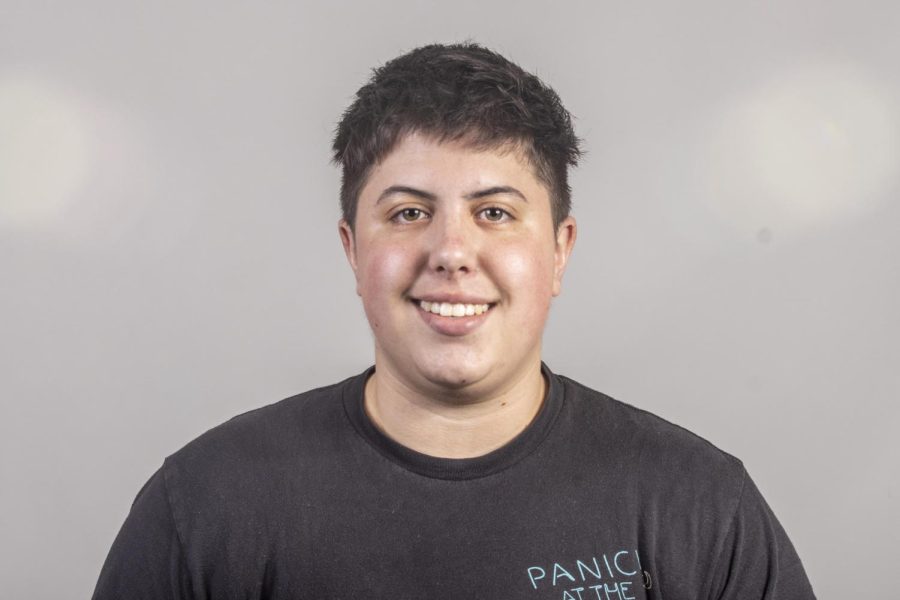COLUMN: Artistic inspiration in unexpected places; or, how D&D made me a better writer
Luke Taylor is a senior journalism major and can be reached at 217-581-2812.
November 7, 2022
“Art” is perhaps one of the broadest categories I can think of. Everything from oil paintings to architecture to the design of everyday objects can be classified as art- don’t even get started on the modern art movements which ask us to push the boundaries of what we already consider art.
Journalism isn’t classified as an art for good reason; journalists rely on audiences being able to expect a certain level of consistency and specific standards we’re held to.
Still, creative writing skills come into play as we try to craft engaging content so people want to read the news we share.
I was never a great storyteller. I’ve had good ideas, unique fictional concepts… but no idea how to form them into a narrative without getting buried in every other idea I have.
I get bored after the first page of my great novel.
Just before the pandemic, I picked up a new hobby I truly never expected: I started playing Dungeons & Dragons.
Each player operates as a unique character with their own backstory, motivations and talents. One “game master” controls any other characters, as well as the world around them, providing the story beats for all the players to interact with and change the outcomes of.
This is like the lamest, most nerdy thing I do. I sit and play pretend with my best friends once a week.
D&D, as well as other tabletop role-playing games, is a fantastic exercise in fictional storytelling.
It has singlehandedly taught me how to craft a satisfying arc. The connection you form with these characters over such a long span of time means you gain an understanding of what they need to reach a resolution.
Not to mention, if you’re the GM, there’s a lot of pressure to be consistent with characters and information in whatever setting your story is happening in.
This doesn’t even scratch the surface of all the social skills TTRPGs can help with: problem solving, cooperation, improvisation, etc.
I’m most grateful for how these games have helped me as an artist, though.
I’ve learned how to accurately describe places and situations my audience has never seen. I’ve been able to put myself in different perspectives as much as you can in fiction.
Being involved in this hobby has also enabled me to see the people who are pushing the boundaries, bringing new genres to tabletop games; I’ve seen people play with concepts like Regency-era fiction, post-apocalyptic stories or even “The Great British Baking Show.”
Art is in everything we do, even the impermanent tableaus imagined over weekly Zoom calls.
Branch out and try a weird, dorky hobby. You might find unexpected inspiration, and you’ll definitely be exposed to creatives with entirely different ideas and perspectives than your own.
Luke Taylor is a senior journalism major. He can be reached at [email protected] or at 581-2812.















































